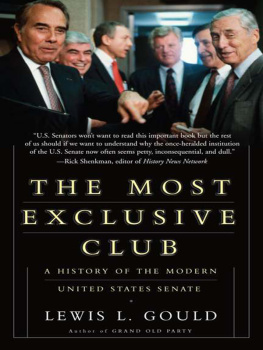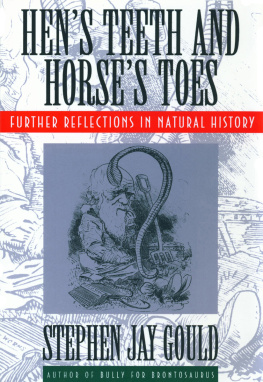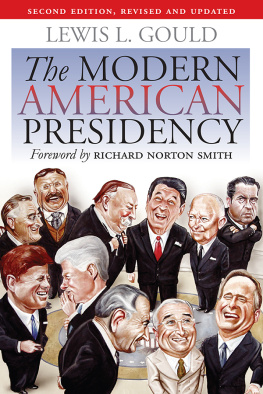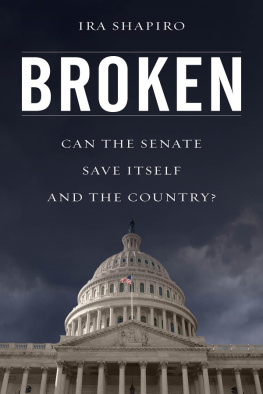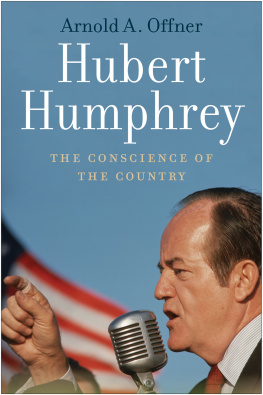Copyright 2005 by Lewis L. Gould
All rights reserved. Printed in the United States of America. No part of this book may be reproduced in any manner whatsoever without written permission except in the case of brief quotations embodied in critical articles and reviews.
Books published by Basic Books are available at special discounts for bulk purchases in the United States by corporations, institutions, and other organizations. For more information, please contact the Special Markets Department at the Perseus Books Group, 11 Cambridge Center, Cambridge, MA 02142, or call (617) 252-5298 or (800) 255-1514, or email .
Gould, Lewis L.
The most exclusive club : a history of the modern United States Senate / Lewis L. Gould.
p. cm.
Includes bibliographical references and index.
HC: ISBN-13 978-0-465-02778-1; ISBN-10 0-465-02778-4
1. United States. Congress. SenateHistory20th century. I. Title.
K1161.G68 2005
328.73'071'09dc22
Introduction
A S AN IDEA, THE UNITED STATES SENATE CAME INTO EXISTENCE IN 1787. The Framers of the Constitution created a second house for Congress in order to provide a legislative check against the potential tyranny of unrestrained majority rule. Unlike members of the House of Representatives, who were popularly elected and held two-year terms, senators would be selected by state legislatures, not by the people directly, and would serve in six-year terms. From its founding, the Senate was conceived as both a counterweight to excessive executive power and a source of restraint on popular but perhaps unwise policy initiatives. As James Madison put it, in addition to its role as a check on the executive, the Senate would protect the people against the transient impressions in which they themselves might be led.
The Senate started its proceedings in April 1789. At the outset, the House of Representatives seemed to be the more powerful branch. But over the course of the nineteenth century, because their terms were longer and their number smaller, senators came to look down on members of the House as lesser beings. Because of the bicameral nature of the Congress and the legislative process, which requires cooperation between the houses of Congress for legislation to be enacted, tensions between the House and Senate have been a persistent feature of the history of Congress. One former House member told an interviewer in the 1980s, I hated the Senate from the very first day I was in the House.
By the start of the twentieth century, in the eyes of the public the Senate had eclipsed the lower chamber as the more prestigious and celebrated body in the legislative process. And indeed, the Senate plays a number of crucial roles within the political system. Treaties have to receive the upper chambers advice and consent to go into effect. As a result, the upper house exerts (and even more often claims to exert) an influence equal to that of the White House in the shaping of foreign policy. Likewise, all nominees to federal offices and judgeships must gain Senate confirmation. That has created a codependence between the legislative and executive in how these important appointments will be determined. In recent years, however, the Senates role in the approval and rejection of judicial nominees has become a source of greater friction within the chamber and between it and the White House.
The unique and powerful role of the Senate is reflected in the way it has been written about over the years. Biographies of senators abound; books on individual members of the House are harder to come by. Senators can leave their mark on the life of their institution, whereas even talented House members find it difficult to make their names stand out among those of hundreds of their contemporary colleagues. In the historical memory, as in the life of Washington, D.C., senators have just seemed more important in the life of the nation.
For this reason it is not surprising that a tone of reverence has often characterized accounts of the Senate by both scholars and journalists. These narratives have fostered a sense of enduring legislative greatness in the upper house. In that vanished past, giants stalked the floor of the institution. Their eloquent speeches attracted adoring audiences, collegiality reigned, and bipartisanship ensured judicious compromises. History has blended into legend because so much of the writing about the Senate has been concentrated on discrete incidents of major historical importance or key actors in the legislative drama. And of course, veneration of the Senate goes back to the origins of the word and the concept of Senate in the Roman republic and the Latin language. The word Senate comes from the Latin word for Senate, Senatus, which derives from senex, Latin for old man. The first U.S. president, George Washington, refused a crown, refused empire, and thus set the nation on the path of republican and democratic values.
The U.S. Senates pivotal role in the government ensures that it remains one of the most examined and studied legislative bodies in the world. Its proceedings appear on cable television; its committee hearings are open to press and public. With on-line resources, a citizen can follow debates and track votes with the click of a mouse. Political scientists and historians conduct interviews, pore over archives, and look for trends and significance in how the chamber has developed.
Yet no book exists that treats the twentieth-century history of the Senate as a cohesive unit. During that time, a small, individualistic chamber of 1900 became a complex, sophisticated institution that now employs thousands of people, attracts intense media scrutiny, and stands second only to the president as a focus of life in Washington. It seemed time to do for the Senate what has been done for presidents, the Supreme Court, and other key institutionsprovide a narrative that looks at the chamber over the span of the last century.
When I embarked on the research for this book, it was with the belief that the upper house had compiled a record that, with some notable exceptions, brought enduring credit on the institution. My goal was to discern and narrate the qualities that had made the Senate such a vital part of congressional history. What had made the Senatethe most exclusive gentlemens club in Washington, as it was called during the 1950sso valuable to the country?

